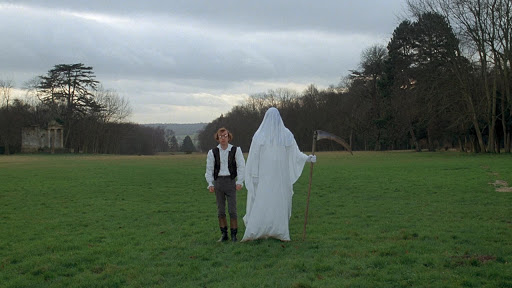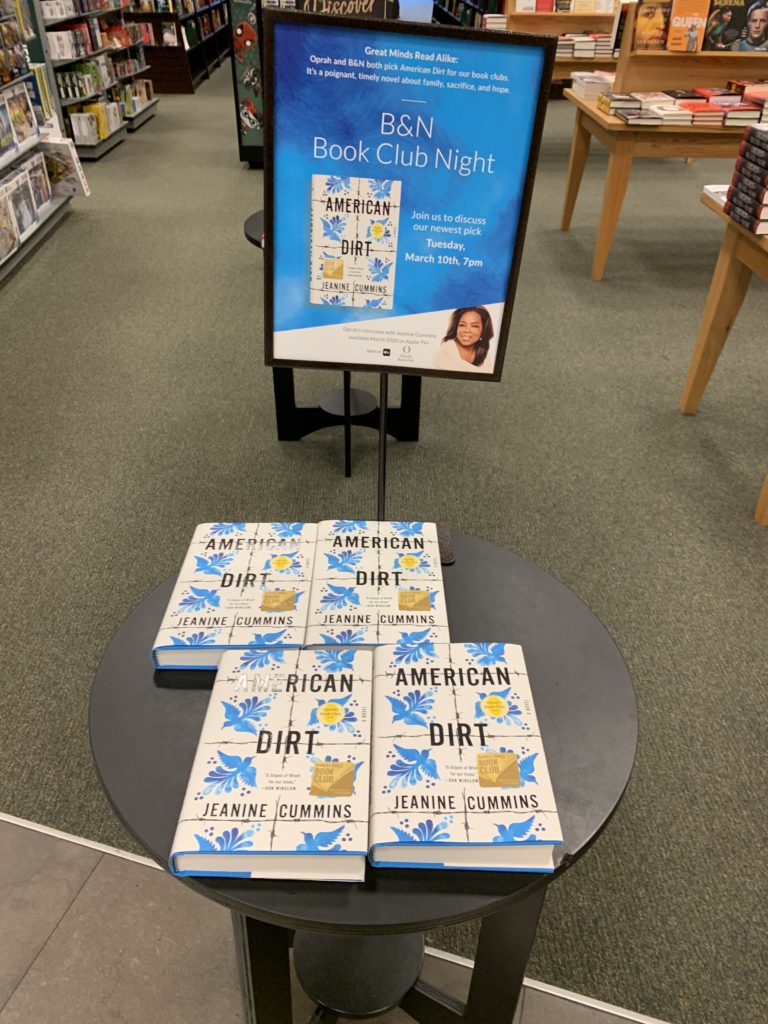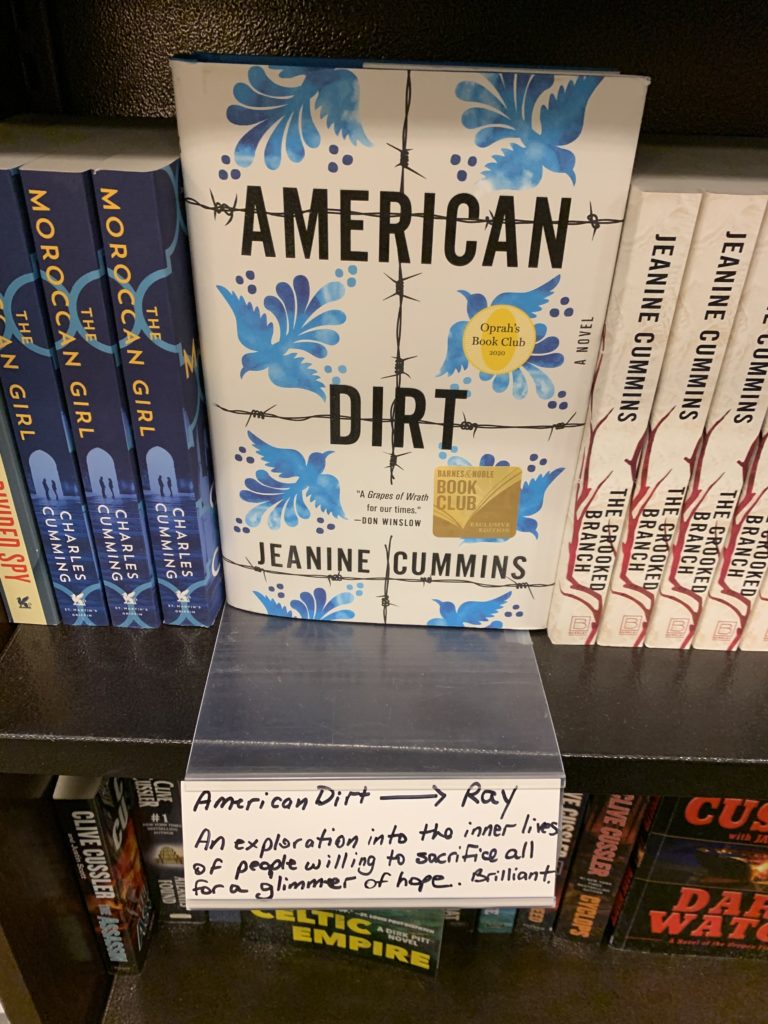I just completed Professor Richard T. Stock’s online course about Franz Kafka’s “The Trial” and if you’re a fan of podcasts and literature, I highly recommend it. Professor Stock takes you through the book chapter by chapter, with a plot summary and analysis of each. It’s an enriching reading experience (and a great reread).
I won’t spoil the course, but I was surprised that Professor Stock does not read the story the way I do at all. To me, “The Trial” is an allegory for life. As Woody Allen quipped in “Love and Death,” all people are ultimately sentenced to death for crimes they never committed. Like Jospeh K., we are all subjects to a capital punishment heariing where the best we can hope is to push back the inevitable sentence. Or, as Allen put it:
“Isn’t all mankind ultimately executed for a crime it never committed? The difference is that all men go eventually, but I go six o’clock tomorrow morning. I was supposed to go at five o’clock, but I have a smart lawyer. Got leniency.”

Joseph K.’s last thoughts are that he’s executed “like a dog.” This seems to be the condition of life. We are all sentenced for execution and the best we can hope, as Joseph K. is urged over and over, is to fight to prolong the trial, not to seek its end.




